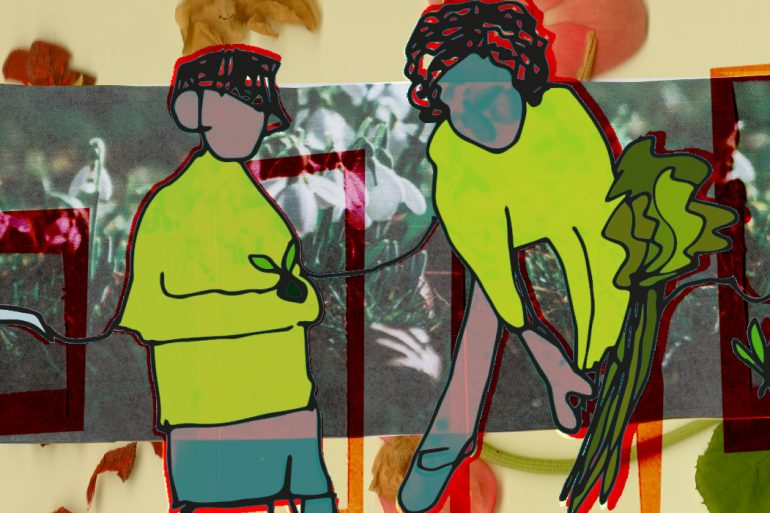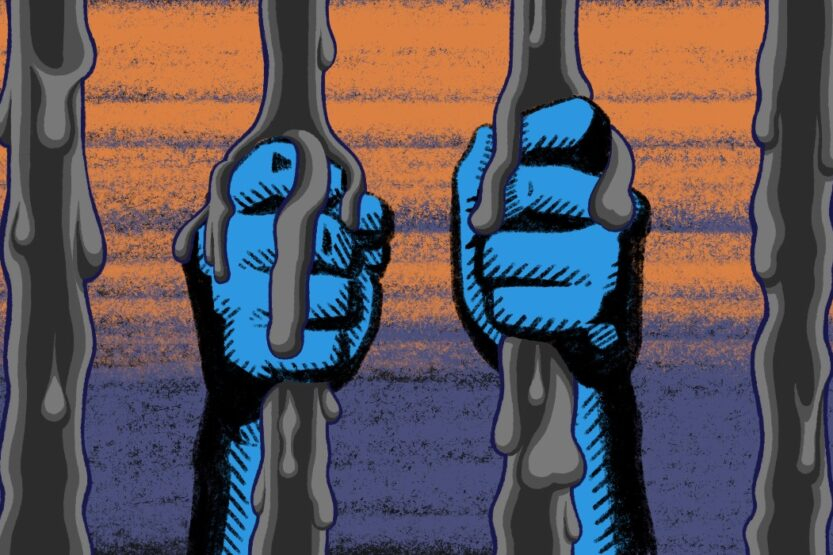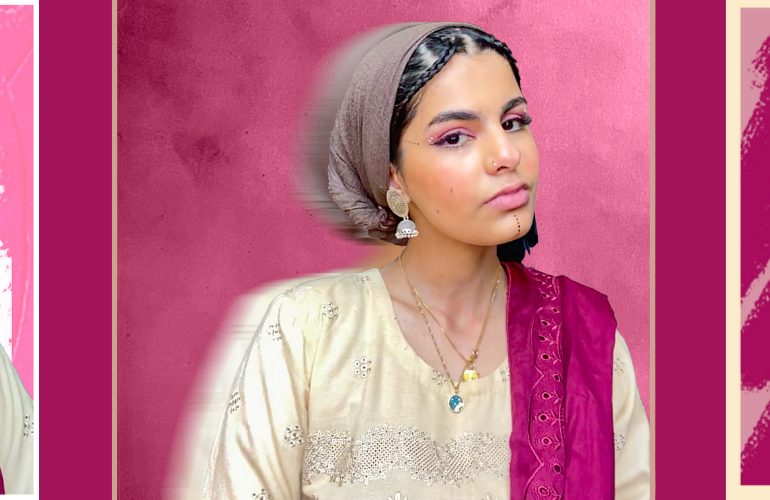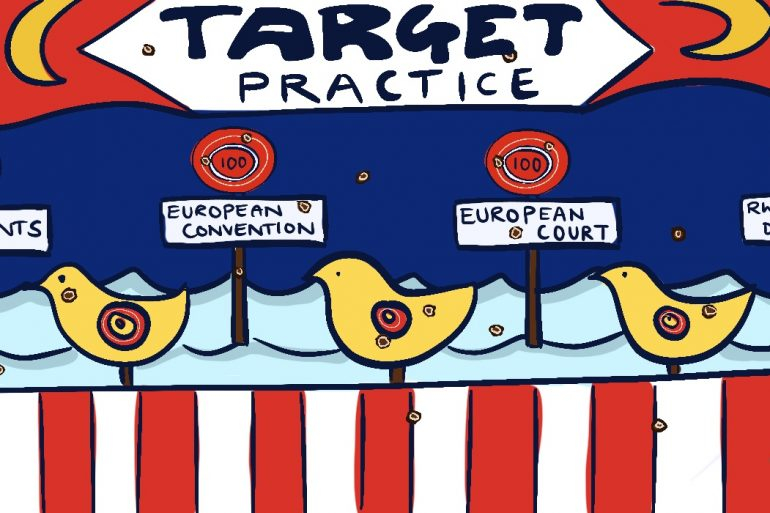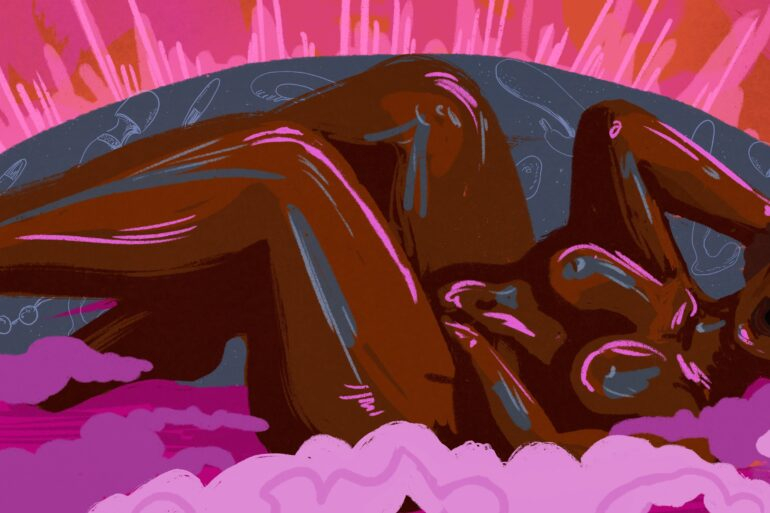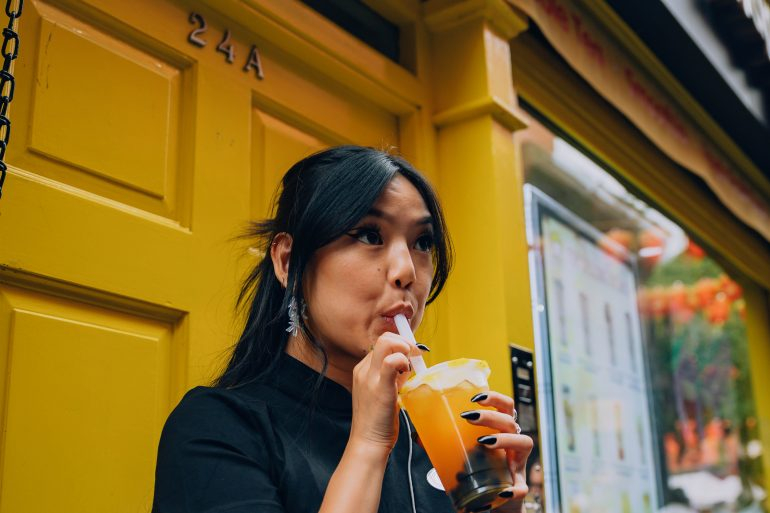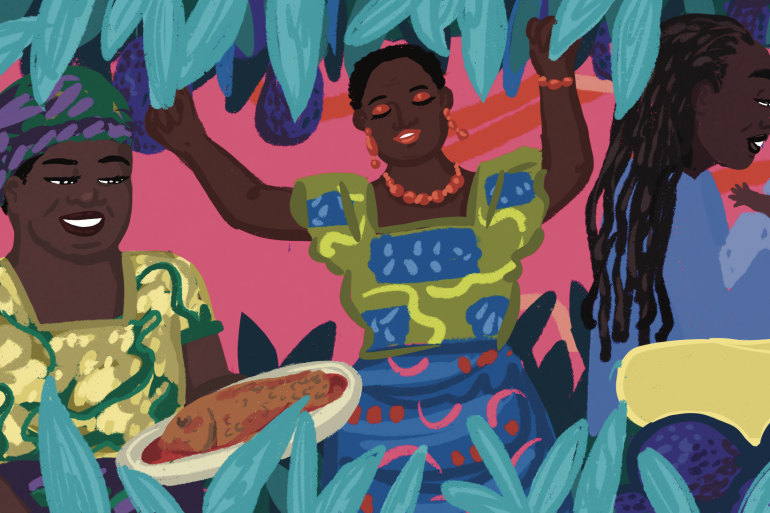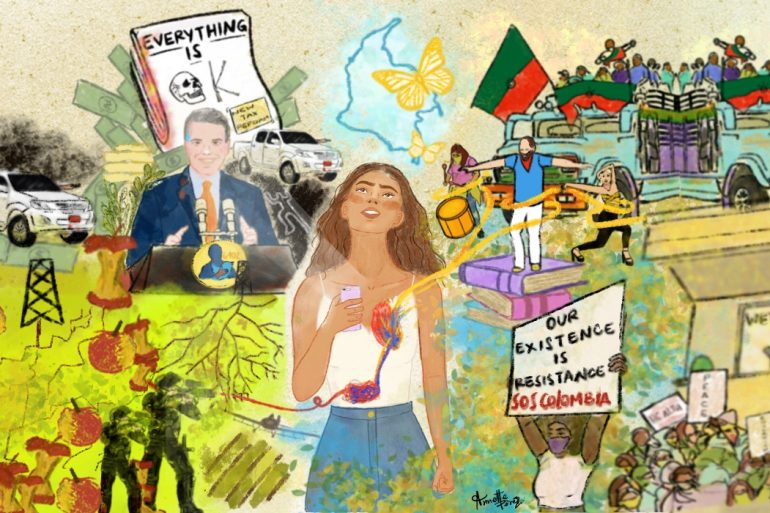The recently re-ignited conversations around race and policing have led to many organisations taking a stand against institutionalised racism in the UK. But Pride in London has failed LGBTQI+ BIPOC once again, continuing to ignore our pleas for urgently needed change.
Following the Black Lives Matter protests last summer, thousands called for Pride in London to ban the Metropolitan Police from having their LGBT+ Support Network march in the parade. Even Pride in London’s own Community Advisory Board suggested that the Metropolitan Police should be barred from marching and many people stated it would be the best way for them to show solidarity with communities that are mistreated by the police.
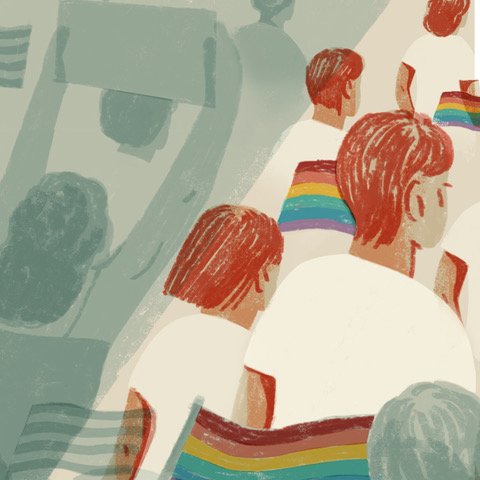
Given the proof of institutionalised racism in our police force and justice system as a whole, it would seem obvious for Pride in London to want to ensure a safe and comfortable environment for all; it’s free, good optics. However, in March 2021, the ban was voted against by its organisers. This triggered backlash, both externally and internally; the Community Advisory Board, as well as some of the Pride in London’s most senior Black volunteers, resigned, describing the organisation as being ‘a hostile environment’ that didn’t support its BIPOC volunteers enough.
This outcome echoes the experience of Ted Brown, a Black man who was one of the organisers of London’s first Pride. Looking back to when Pride began, he says: “the first parade was comprised of mostly young white people” – and it’s clear not much has changed. Continued police presence at Pride goes to show how whitewashed it has become; not just in appearance, but in values too.
This doesn’t come as a surprise to me or many queer BIPOC. I can’t even count the number of times I’ve had my concerns regarding the lack of inclusivity or the police presence at Pride brushed off by a white member of the LGBTQI+ community. But given that BIPOC people face disproportionate silencing and violence at the hands of the police, Pride is not the place for people outside that community to welcome in the forces that oppress us. The rebuttal I most often hear is that Pride is an “inclusive place” and that banning anyone, even the police, would contrast the “core values” of Pride.
Never have I been able to participate in the annual Pride event in London and feel like I am completely welcome. Yes, I’m welcome to stand and watch, but why should I remain being a bystander at an event dedicated to celebrating the identities of people like me? My voice and opinions as a queer BIPOC are valuable and desperately need to be heard by organisations like Pride in London, who obviously don’t have a clue what they’re doing when it comes to BIPOC inclusion.
The whitewashing of Pride in the UK is a testament to how we have strayed away from what it was meant to be: a space and a protest for ALL queer people, not just the privileged.
It’s well known that origins of Pride can be traced back to 1969, at The Stonewall Inn, a bar frequented by many LGBTQI+ New Yorkers. Laws at the time were incredibly anti-queer and one night in June, the police raided the bar – however, they were met with an unexpected pushback, with riots continuing over two nights, led by prominent figures of the community including the African American drag queen who we know as Marsha P. Johnson. Along with Sylvia Rivera, Marsha went on to found S.T.A.R., a gay, gender non-conforming and transgender street activist organisation supporting homeless gay and trans folk. The riots at the Stonewall Inn sparked the formation of the Gay Liberation Front, a group dedicated to forming the first protests that would then become known as ‘Pride’.
Therefore, at its inception, and spearheaded by pro-trans people of colour such as Marsha, Pride has always been anti-establishment, anti-police, pro-trans, and pro-BIPOC. Pride began as an active protest against police and the establishment that pushed back against both BIPOC and LGBTQI+ voices, separately and especially when combined. To argue on behalf of police presence, therefore, goes wholeheartedly against the traditional values of Pride.
Inclusivity doesn’t equal the allowance of institutionally discriminatory organisations taking part in our parades.
At the 2018 Pride in London parade, eight Trans Exclusionary Radical Feminists (TERFs) reached the very front of the march, weaponising phrases such as ‘Lesbians, not queer!’ and ‘Transgenderism erases Lesbians’ which were displayed on large signs. Where were the police, the so-called vanguards of queer safety, then?
UK Black Pride however stands as a perfect antidote for queer BIPOC. What originally started as a day trip to Southend has evolved into an annual pride event, year-round support, and advocacy for LGBTQI+ people of African, Asian, Caribbean, Middle Eastern, and Latin American heritage. In 2018, Stonewall, Europe’s largest LGBT+ charity, partnered with the event after recognising Pride in London’s lack of commitment to diversity and inclusion.
It’s essential to state that despite UKBP playing an essential role in making sure LGBTQ+ BIPOC in the UK have a space to celebrate their identities, it should never have had to be established.
Pride in London has a responsibility to ensure everyone feels included, but due to their failures, queer BIPOC have had to seek out alternative events, only making divides in LGBTQ+ community more pronounced.
UK Black Pride presents to me a place where I am unconditionally welcome, where I am heard and where my concerns will be listened to. When I look at the people there, I see people who share my experiences but also those who don’t, who I can learn so much from, and from whom I think Pride in London could also learn a few lessons.
Primarily, Pride in London needs to understand the importance of representation, on their board and at the front of their parades. Looking at UKBP, I see myself and I want to be there, meanwhile Pride in London makes me feel isolated and unwelcome. This isn’t an experience exclusive to me, as previously mentioned, even volunteers from the organisation felt the environment was hostile.
They also need to be loud and angry about racial injustice. The concept of ‘love’, the meek and mild kind, may be at the forefront of Pride in London, but we can’t allow ourselves to be distracted with colourful campaigns that adorn shop windows or companies that use us as a quirky sandwich acronym for one month of the year. We must be angry, we must shout and scream, because our siblings are suffering.
The ‘love’ we deserve to be shown in the future is truly inclusive; it is loud and it is fierce. It invites everyone and it mimics the energy given by those such as Ted Brown and Marsha P. Johnson, who led us then, and whose examples should continue to lead us now.
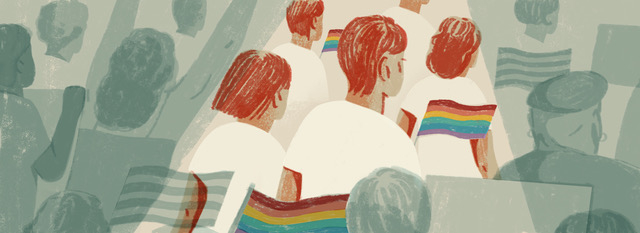
See more of Yuzhen’s work on instagram
Subscribe to shado's weekly newsletter
Exclusive event news, job and creative opportunities, first access to tickets and – just in case you missed them – our picks of the week, from inside shado and out.


